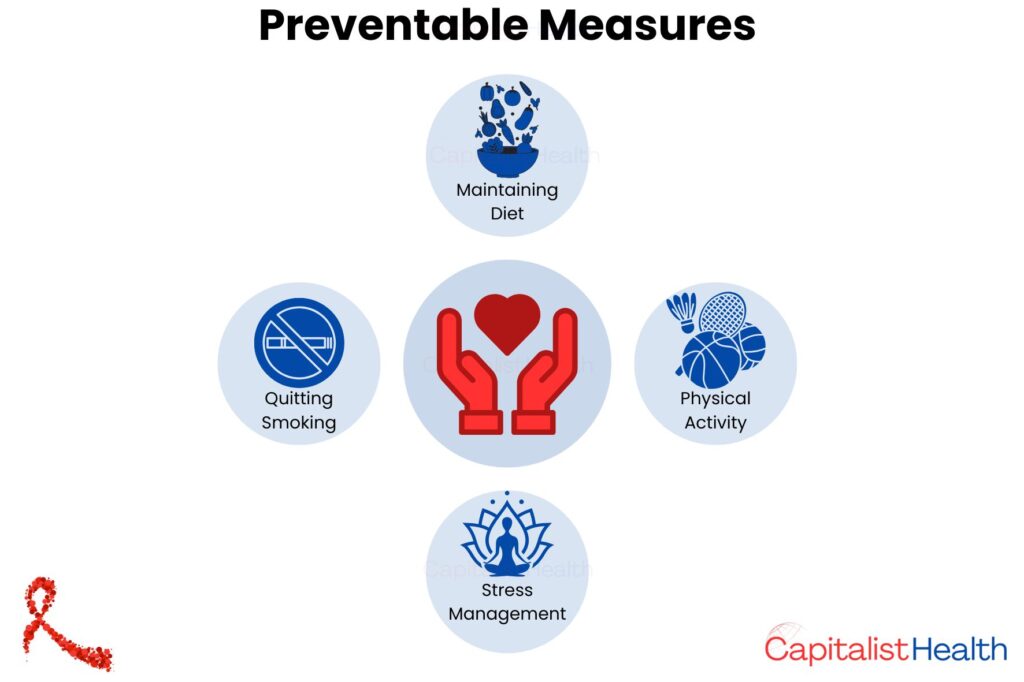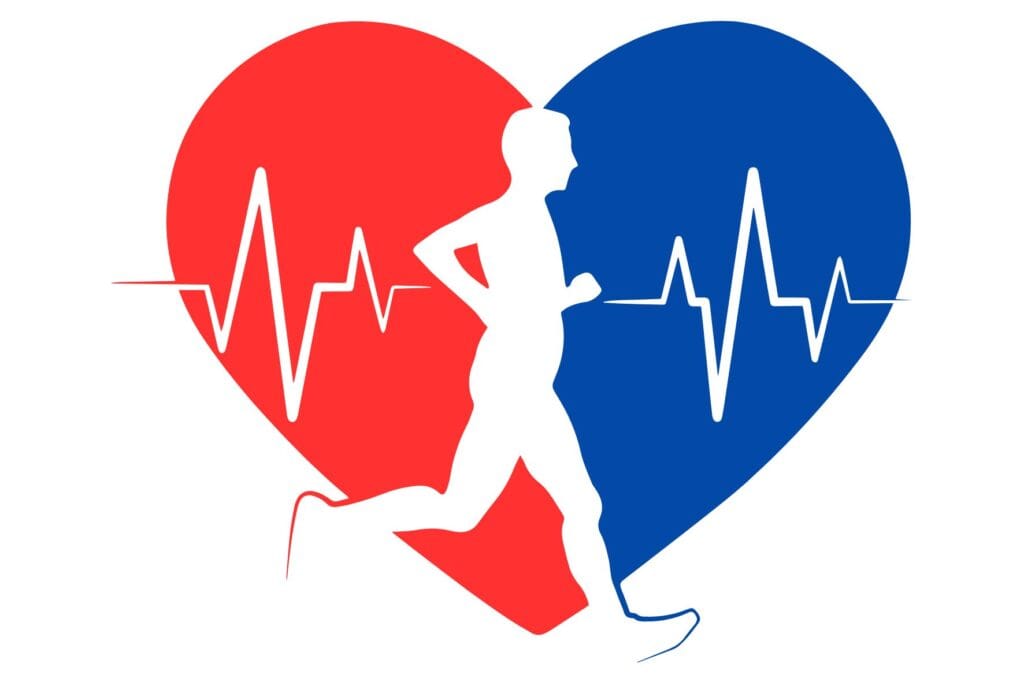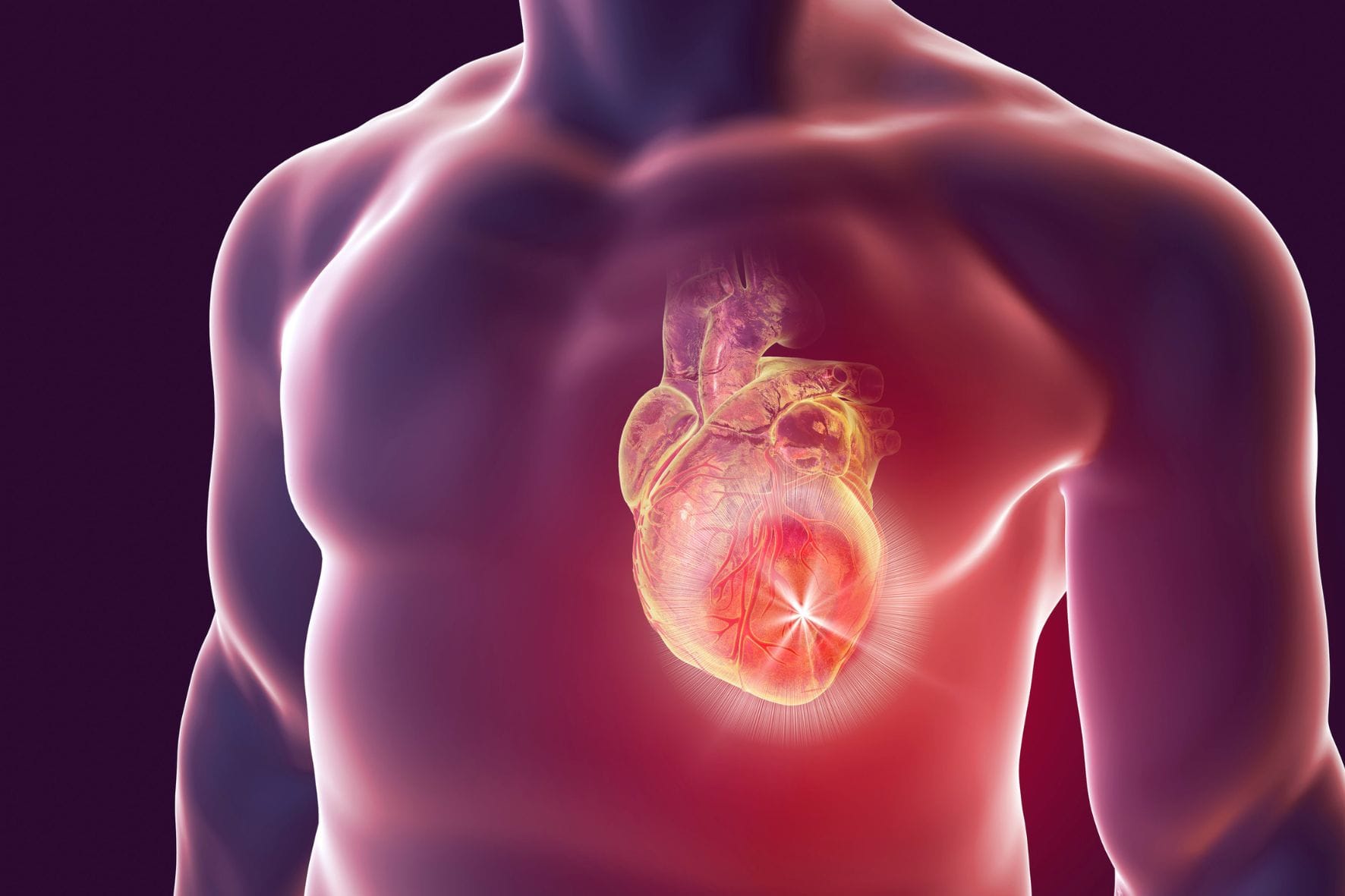Understanding Cardiovascular Disease (CVD), Heart Failure and Heart Attack: Cardiovascular disease (CVD) is the leading cause of death worldwide, responsible for approximately 17.9 million deaths annually. More than four out of five CVD-related deaths result from heart failure and heart attacks. Alarmingly, one-third of these deaths occur before the age of 70, with cases increasing in younger populations, including individuals in their 20s and 30s.
India, in particular, bears one of the world’s highest burdens of CVD, making heart health awareness and prevention crucial across all age groups.
Table of Contents
Recognising the Signs of a Heart Attack & Heart Failure

While heart failure develops over time, a heart attack occurs suddenly and requires immediate attention. Understanding the difference between the two can save lives.
Heart failure can present a variety of signs and symptoms, and it can be classified as a chronic condition. To aid in early diagnosis and treatment, the Heart Failure Society of America developed an easily accessible tool known as FACES:
F: Fatigue or weakness
A: Activity limitation
C: Congestion
E: Edema
S: Shortness of breath
In addition to these key symptoms, individuals may also experience:
Heart Failure Symptoms (Chronic Condition):
❤️ Fatigue and weakness
❤️ Swelling in legs, feet, and ankles
❤️ Shortness of breath (especially during physical activity or at night)
❤️ Rapid or irregular heartbeat
❤️ Persistent wheezing or coughing (sometimes with pink mucus)
Heart Attack Symptoms (Myocardial Infarction):
❤️Chest pain or discomfort (may feel like pressure, squeezing, or fullness)
❤️Shortness of breath (with or without chest discomfort)
❤️Pain in the arms, back, neck, jaw, or stomach
❤️Cold sweat, nausea, or dizziness
If you experience any heart attack symptoms, seek emergency medical attention immediately.
What is Heart Failure?

Heart failure is a chronic condition where the heart cannot pump enough blood to meet the body’s needs. Contrary to common misconceptions, heart failure does not mean the heart has stopped beating; rather, it indicates weakened heart function, requiring ongoing medical care and lifestyle changes.
How CVD Leads to Heart Failure?

Heart failure often develops due to underlying cardiovascular conditions, including:
1. Coronary Artery Disease (CAD)
✔ Caused by atherosclerosis (plaque buildup in arteries), reducing blood flow to the heart.
✔ Weakens the heart muscle over time, increasing the risk of heart failure.
2. Hypertension (High Blood Pressure)
✔ Increases the workload on the heart, leading to muscle thickening and heart failure.
✔ Managing blood pressure is crucial to reducing heart failure risk.
3. Heart Attacks (Myocardial Infarction)
✔ Occurs when blood flow to the heart is blocked, damaging heart tissue.
✔ Post-heart attack complications can significantly raise the risk of heart failure.
4. Arrhythmias (Irregular Heart Rhythms)
✔ Inefficient heartbeats reduce the heart’s ability to pump blood properly.
✔ Atrial fibrillation is a common cause of heart failure exacerbation.
Risk Factors for Heart Failure?

The risk factors for cardiovascular disease (CVD) include lifestyle changes, urbanization, demographic shifts, and dietary changes. Two types of risk factors increase the risk for heart disease: one that is controllable and the other that is not.
Non-Controllable Risk Factors:
🔹 Family history of heart disease
🔹 Aging (CVD risk increases with age)
Controllable Risk Factors:
✔ High Cholesterol – Increases artery blockages and restricts blood flow.
✔ Obesity – Elevates blood pressure and diabetes risk.
✔ Diabetes – High blood sugar damages blood vessels and heart function.
✔ Lack of Physical Activity – Reduces heart efficiency and strength.
✔ Smoking & Secondhand Smoke Exposure – Greatly increases heart disease risk.
✔ Chronic Stress – Worsens blood pressure and cardiovascular strain.
✔ Unhealthy Diet – Processed foods, high sodium, and sugar contribute to heart disease.
Key Lifestyle Changes to Combat Heart Failure & Prevent Heart Attacks

Adopting a healthy lifestyle and balanced diet can significantly reduce the risk of developing cardiovascular conditions or delaying their onset. For individuals already diagnosed with cardiovascular issues, following prescribed medications and treatment plans, along with maintaining a healthy lifestyle, can help prevent the progression of heart failure.
While heart failure is not curable, it is manageable through lifestyle changes that can enhance the quality of life. Below are a few key strategies that could be incorporated to combat heart failure and prevent heart attacks.
1. Adopting a Heart-Healthy Diet
A nutrient-dense diet is essential for managing and preventing heart failure.
🥦 Fruits & Vegetables – Loaded with vitamins and antioxidants.
🌾 Whole Grains – Improve digestion and cholesterol control.
🐟 Lean Proteins – Include fish, beans, and poultry for muscle and heart health.
🚫 Limit Processed Foods – Reduce sodium, sugar, and trans fat intake.
Recommended Diets Include:
✅ Mediterranean Diet – Supports heart health with healthy fats & lean proteins.
✅ DASH Diet (Dietary Approaches to Stop Hypertension) – Focuses on low sodium & balanced nutrition.
✅ Plant-Based Diets – Shown to reduce heart disease risk.
2. Engaging in Regular Physical Activity
✔ 150 minutes of moderate exercise per week (30 minutes/day, 5x a week).
✔ Activities like brisk walking, swimming, cycling, or strength training improve heart health.
✔ Consult a doctor before starting a new fitness routine if diagnosed with heart failure.
3. Managing Stress Effectively
💆Studies show that psychological stress (job stress, PTSD) increases CVD risk. Effective Stress Management Strategies Include:
✔ Meditation & Deep Breathing Exercises
✔ Social Support from Family & Friends
✔ Engaging in Community Activities & Hobbies
4. Quitting Smoking 🚭
Smoking is the leading preventable cause of heart disease. Quitting reduces CVD risk significantly.
🔹 Immediate Benefits of Quitting Smoking:
✅ Within 20 minutes – Heart rate and blood pressure drop.
✅ Within 1 year – The risk of heart disease is cut in half.
✅ Within 5 years – Stroke risk reduces to that of a non-smoker.
Overcoming Challenges in Heart Health Management To Combat Heart Failure & Prevent Heart Attacks

Managing heart health can be challenging due to various factors:
- Cultural Considerations: Dietary guidelines need to align with individual lifestyles and cultural preferences to be effective.
- Socioeconomic Status: Limited access to healthy food options can hinder dietary changes and contribute to poor health outcomes.
- Food Insecurity: In certain communities, the availability of nutritious foods may be restricted, making it difficult for individuals to maintain a healthy diet.
Suggestive Solutions to Improve Access to Nutritional Resources
- Community Programs: Establishing community programs that provide access to nutritious foods, such as community gardens or local farmers’ markets, can help address food insecurity and promote healthy eating habits.
- Utilizing Technology: Encouraging mobile health applications that help monitor health metrics, track medication adherence, and provide reminders for appointments or lifestyle changes can empower individuals to take charge of their health.
- Education and Counselling: Integrating nutrition education into medical schools and professional training can equip healthcare providers with the knowledge to effectively support patients. Community counseling programs can also aid individuals in understanding their conditions and making healthier choices.
Conclusion: Prioritizing Heart Health To Combat Heart Failure & Prevent Heart Attacks

It’s important to understand the risk factors and recognize the signs of heart failure, as this awareness is essential for early intervention and better health outcomes. Making informed choices, such as prioritizing nutritious foods and staying active, can profoundly impact your heart health. This month serves as a reminder that small, positive changes in our daily routines can lead to significant improvements in our well-being.
Your heart health matters! Share this article to raise awareness & encourage healthier habits,
Also if you need actionable tips to prevent being overweight then read our detailed article on the same by clicking the link here.




